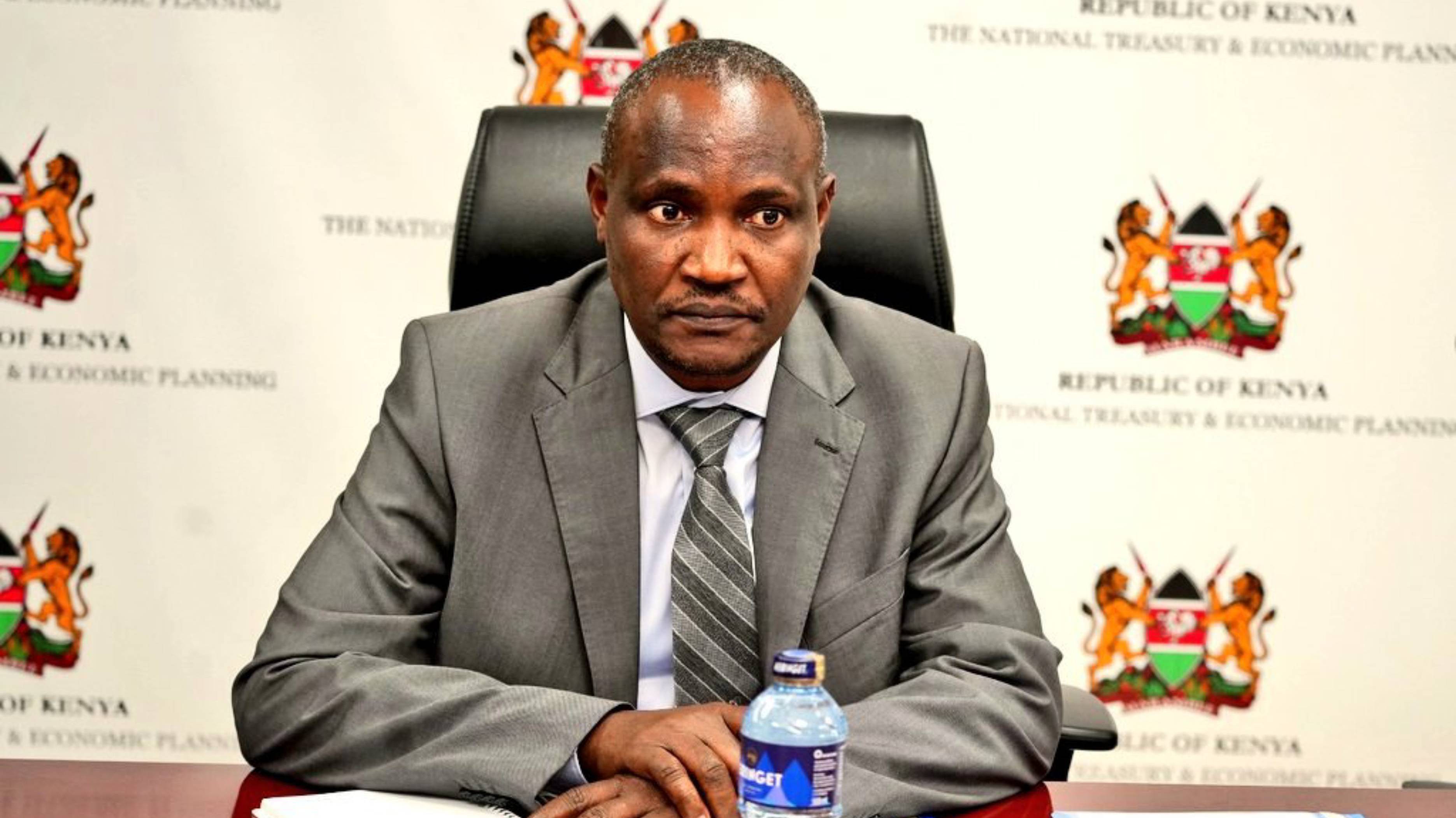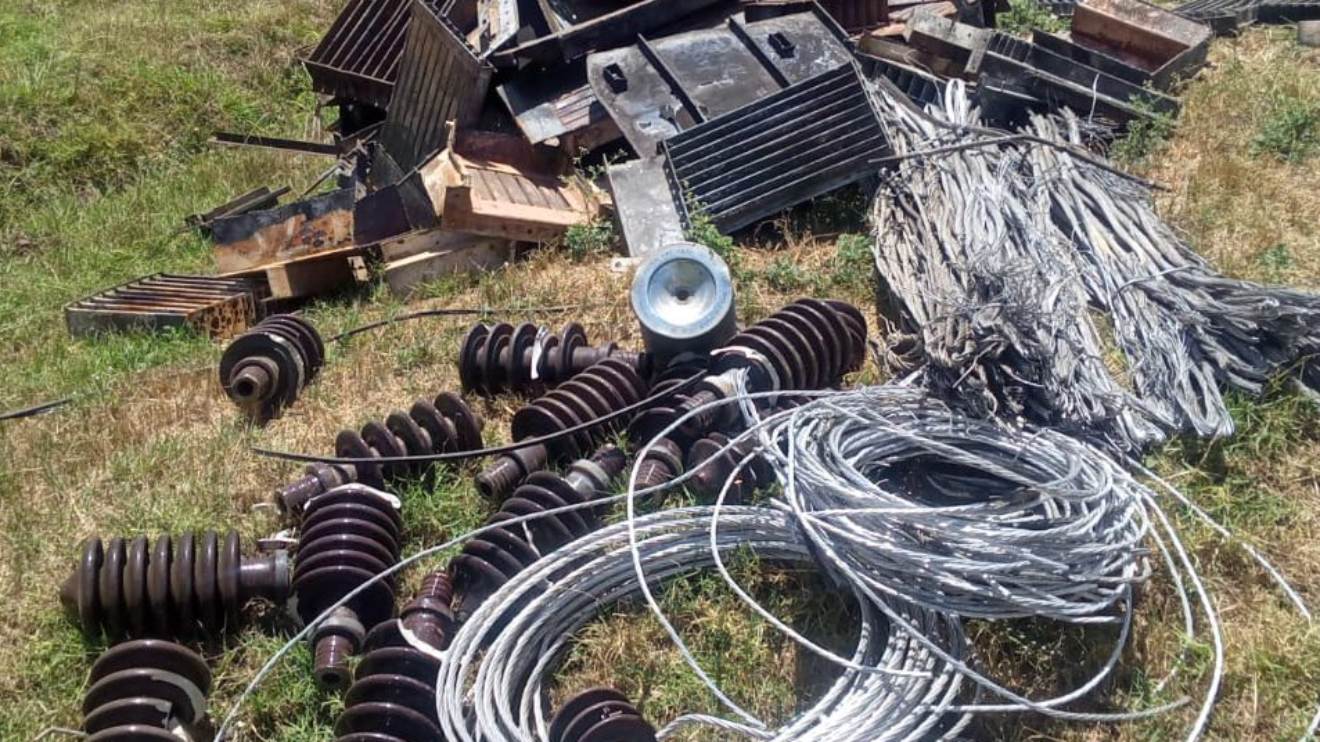A human rights group has asked the High Court to halt Kenya’s 2025/26 budget-making process, arguing that the government must first settle over Sh600 billion in long-standing unpaid bills or risk worsening the country's economic crisis.
Operation Linda Jamii, through its representative Frederick Ogola, is seeking a court order to suspend the budget cycle until the government clears all arrears accumulated between June 1, 2005 and June 30, 2022.
Ogola told Justice Grace Nzioka that the outstanding amounts—Sh516 billion owed by the national government and Sh182 billion by county governments—pose a grave threat to the economy, especially for Micro, Small and Medium Enterprises (MSMEs), many of which are owed significant sums.
“The country is staring at a serious economic problem. The formation of a committee to audit these bills, without transparency or clear timelines for payment, is a delay tactic. The court must intervene,” Ogola told the court on Wednesday.
According to the petitioner, thousands of suppliers and contractors have been burdened with mounting bank interest on loans taken to deliver state projects, some dating back two decades.
Read More
Some businesses have been pushed to sell property to stay afloat, while others have succumbed to depression under the strain of non-payment.
The lobby argues that the formation of a verification committee—appointed by President William Ruto in September 2023 via Gazette Notice No. 13355—is legally questionable and mirrors past unsuccessful efforts.
In court papers, the group describes the committee as lacking transparency and operating without a clear framework for action.
“The appointment of the recent audit committee is just another smokescreen,” Ogola submitted.
“We want the court to supervise the verification and payment process directly to ensure accountability.”
The petition also calls into question the credibility of the Budget Policy Statement dated 13 February 2025.
While the National Treasury has proposed allocating Sh60 billion to MSMEs through the Hustler Fund, the petitioner accuses it of turning a blind eye to the debt burden paralysing the very businesses it claims to support.
“There is a serious contradiction by the 2nd Respondent in the Budget Policy Statement dated 13th February 2025,” the petition reads.
“While the Treasury claims MSMEs are a top priority, it has not shown any commitment to paying what it owes them.”
Operation Linda Jamii also challenged the government’s planned shift from cash-based to accrual-based accounting, suggesting it is a technical sleight of hand designed to obscure the scale of pending obligations and further delay payments.
The group accuses successive governments of using similar tactics to evade accountability, leaving contractors and suppliers in limbo.
“SMEs are collapsing, livelihoods are being destroyed, and the state is failing in its duty of care to citizens who entered contracts with it in good faith,” the petition argues.
Justice Nzioka has directed that the petition be served to the National Treasury, Attorney General, Auditor General, and the National Assembly.
The respondents have until 25 April to file their replies, when the court is expected to give further directions on the matter.
Observers say the case could influence how future budgets are handled, particularly in relation to legacy debt and fiscal transparency, as the Treasury prepares to present the 2025/26 budget to Parliament.









